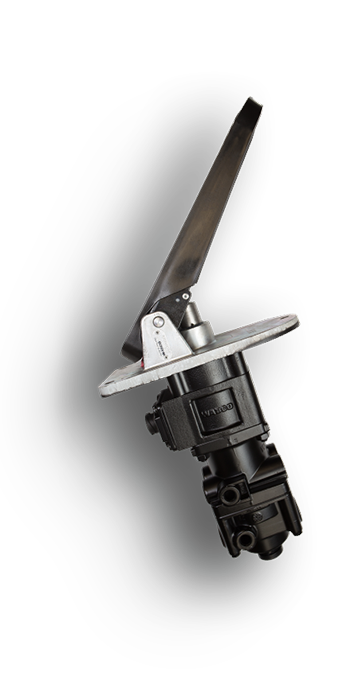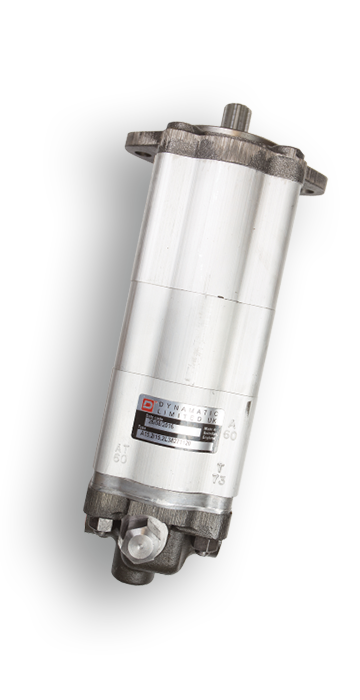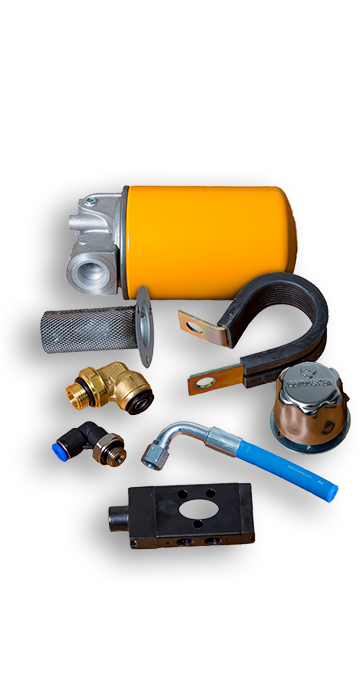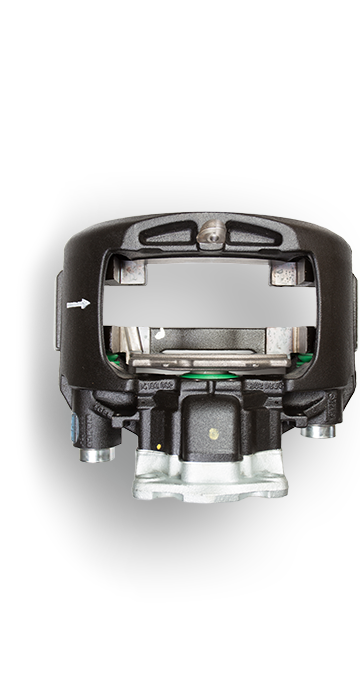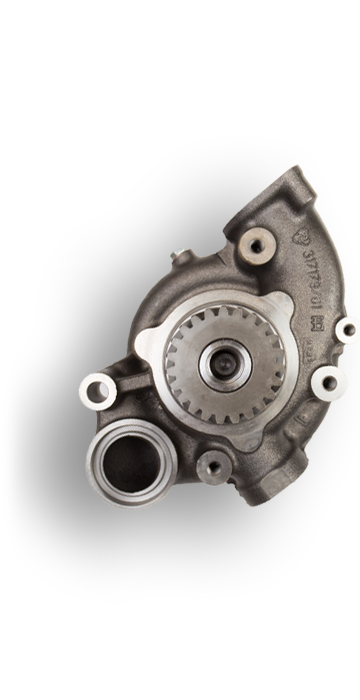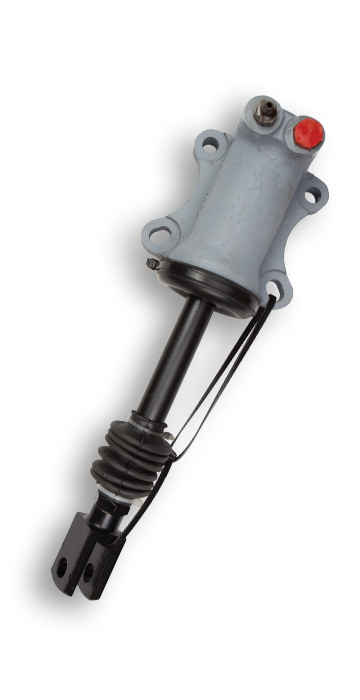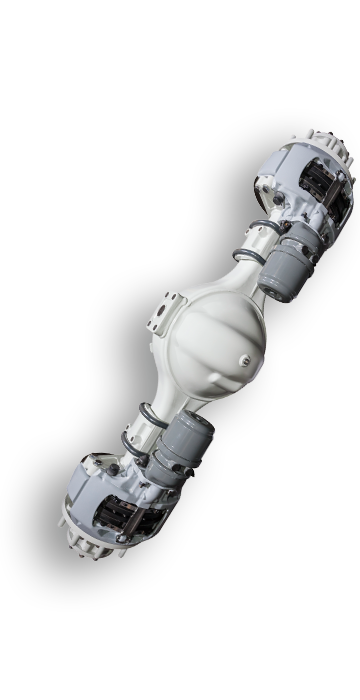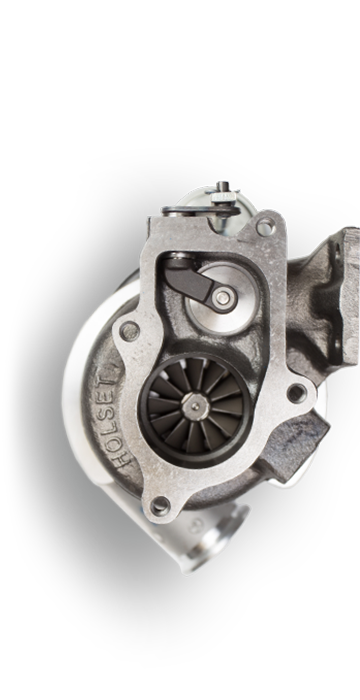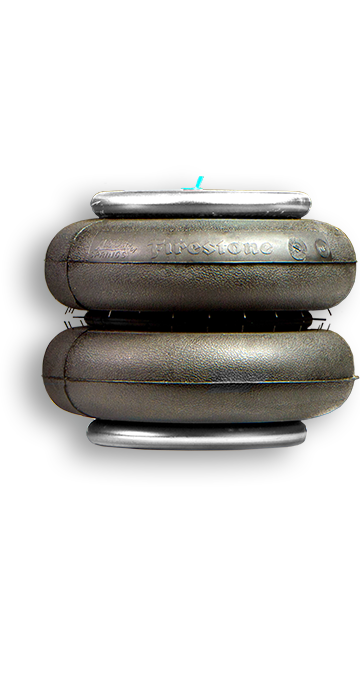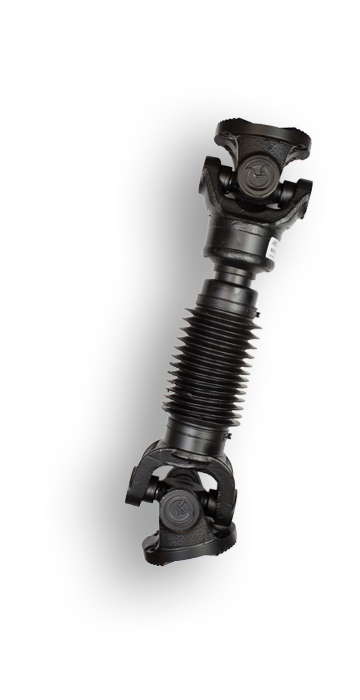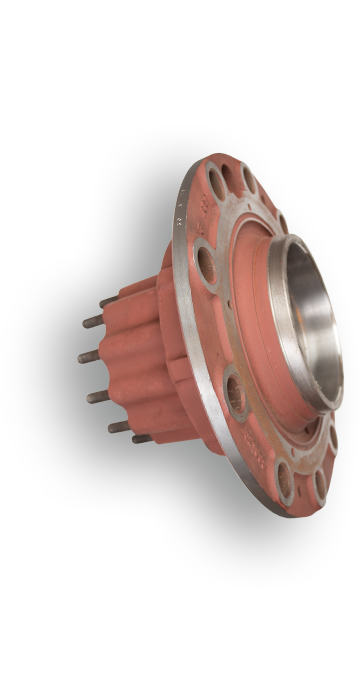Freezing, wet weather over the winter months is a hostile environment for bus braking systems. Whilst buses are intentionally designed to sit low to the ground to ensure ease of passenger access, this also makes brake system components susceptible to problems caused by the ingress of water and debris from the road surface.
This is a challenge for PSV operators, who are already trying to get the most out of their maintenance budgets by maximising the service life of braking systems without in any way compromising on safety. Controlled via an electronic braking system (EBS), which combines anti-lock braking (ABS) and traction control into a single system, bus braking systems utilise compressed air to power the disc brake assembly on each wheel. These comprise of a brake disc (rotor), brake pads (friction material) and caliper, as well as a wheel speed sensor to relay information to the EBS control unit.
As a leading OEM parts distributor serving bus and coach fleets throughout the UK, Essex-based Imperial Engineering has seen a rise in demand for replacement brake system components. This is despite the fact that certain parts, such as calipers, are intended to last the typical 15-year vehicle service life, if regularly inspected and properly maintained. Mindful that this is causing operators unnecessary expense, Imperial Engineering has examined brake system component failure in detail and has identified a number of potential brake system problem areas that can be rectified during vehicle inspection and maintenance, to ensure components deliver their intended service life.
Compressed air system
Engine-driven and more increasingly, electrically-powered e-compressors on hybrid and electric buses, provide the air supply for the braking system. Compressors require regular oil and filter changes in line with manufacturer guidance and each vehicle’s duty cycle, in order to maximise the safe service life of the system. Contributors to premature compressor failure include excessive oil carry-over, which results in contamination to other valves.
To mitigate this issue, Imperial Engineering recommends that operators inspect and service compressors in accordance with OEM recommendations, taking into account the duty cycle of the vehicle. By ensuring the optimum maintenance frequency, including regular oil, filter and air dryer cartridge changes, operators can increase service life, as well as reduce the running cost of the vehicle. Imperial Engineering offers a range of upgrades and replacement assemblies for OEM compressors, alongside service kits that make servicing more straightforward and cost-effective. The distributor also offers different synthetic compressor oil that covers a range of applications in convenient one-litre containers.
Bus braking system seals
Seals in the braking system are critical components found in the brake calipers, that are designed to prevent the entry of moisture and contaminants into the caliper assembly during service, or when a vehicle is being power washed. Missing caliper sealing caps, also known as ‘witches hats’ or adjuster caps, can allow water and dirt to get into the assembly, causing the caliper’s bearings to seize.
Often caused by heat damage or road debris, tears and splits in a caliper’s protective ‘boot’ can be easily overlooked. Over time, a damaged caliper boot will lead to contamination and moisture entering the disc brake’s internal mechanism, causing premature failure. Fitting a replacement boot, which costs around £50, offers an effective solution to this problem.
Wheel speed sensors
Essential for the operation of the EBS control unit, wheel speed (ABS) sensors are susceptible to corrosion that weakens the sensor’s signal strength. Particles of metallic road debris attaching to the sensor’s magnetic encoder ring and faults in the wiring between the sensor and EBS unit are also potential issues. Sensor failure is typically highlighted via an instrument cluster warning light and will also result in a fault code during a diagnostic test.
Diagnosing faults
To help technicians diagnose and repair faults, Imperial Engineering offers a wide range of diagnostic tools and software to suit all operators according to their fleet.
Potential brake system problems can be avoided by providing PSV engineers and technicians with training on the correct methods of disc brake system inspection, fault diagnosis and maintenance. Imperial Engineering has a wealth of bus brake system knowledge and is pleased to support operators with technical advice and guidance. For further information, please contact us.

